News and features
Read the latest news and features about our world-leading research, discoveries, fundraising and philanthropy. If you want to keep updated on our news, you can follow us on social media or sign up for our Search newsletter.
If you’re a journalist and want to find out more, you can contact our media relations team.
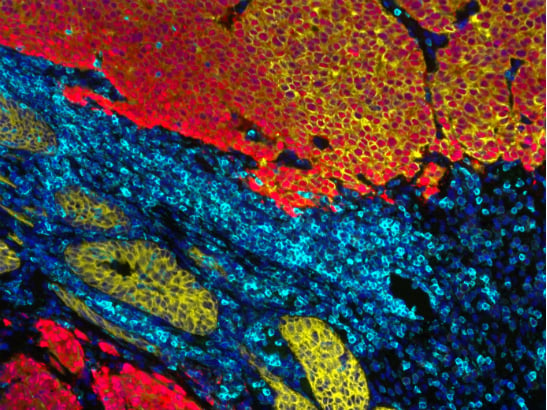
New targeted therapy using 'armed' antibodies shows promise against prostate cancer
A new type of treatment strategy targeting a protein found on the surface of the most lethal prostate cancers could hold promise against the disease.

Twin study confirms childhood leukaemia starts in the womb and could help guide screening when only one twin is affected
By studying rare cases of identical twins with leukaemia, scientists have shed new light on the origins of the most common type of childhood cancer – confirming it originates in the womb but that events after birth determine whether or not clinical leukaemia develops.

Carols from Chelsea celebrates 20 years supporting our research
The Wren Chapel at the Royal Hospital Chelsea was full of guests and famous faces on 6 December, celebrating the 20th Carols from Chelsea service in support of The Institute of Cancer Research, London.
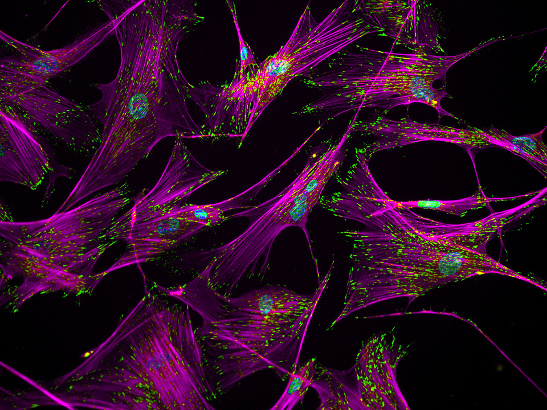
Scientific achievements of 2022
We have picked 10 exciting scientific discoveries from the past academic year that brilliantly showcase the quality, breadth and strategic impact of our research.
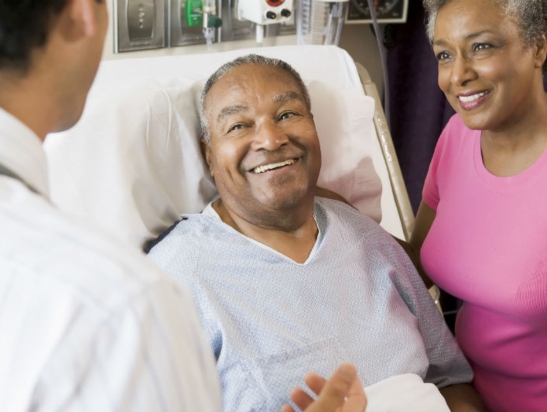
New tool could help target prostate cancer testing at men at greatest risk
Scientists have created a comprehensive tool for predicting an individual’s risk of developing prostate cancer, which they say will help ensure that those men at greatest risk will receive the appropriate testing while reducing unnecessary – and potentially invasive – testing for those at very low risk.
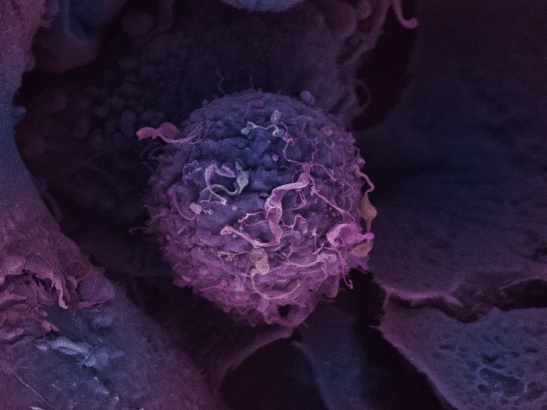
New targeted drug shows benefit against breast cancer in first phase III trial
A new type of targeted medicine has shown ‘remarkable’ benefits for patients with advanced breast cancer in a major phase III clinical trial.
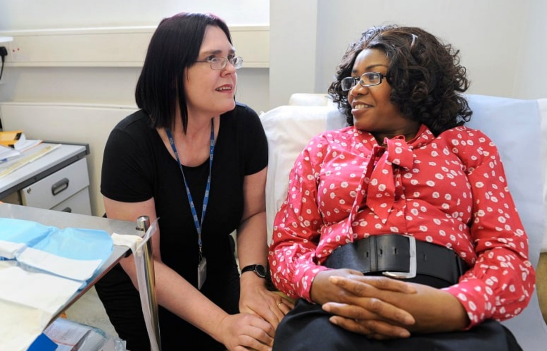
Capivasertib – a huge success story for UK science
The latest major breakthrough in cancer is a drug called capivasertib, which has shown ‘remarkable’ results against advanced breast cancer in its first phase III trial. Henry French gives an update
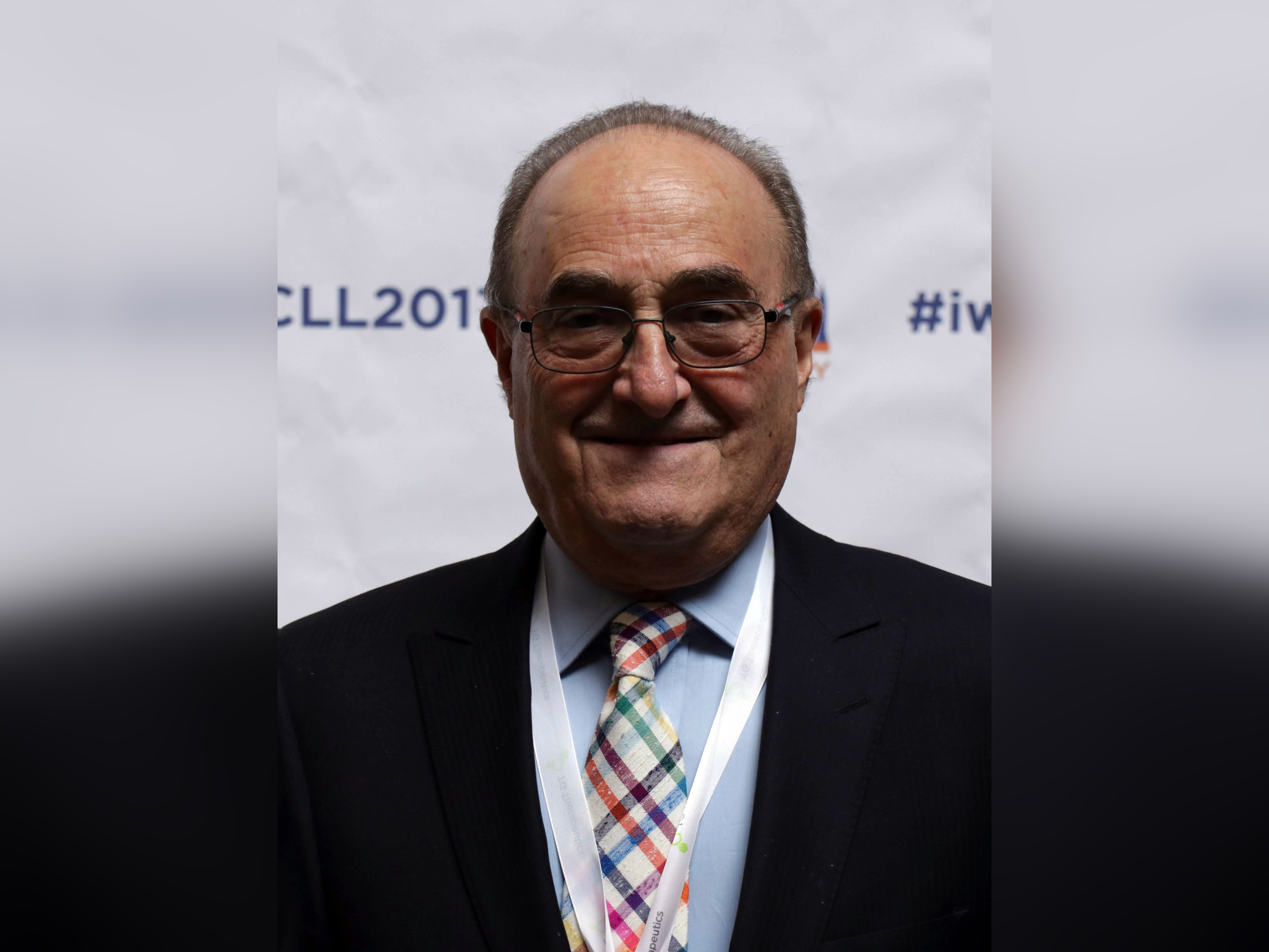
ICR remembers internationally renowned haematologist and researcher Professor Daniel Catovsky
Scientists and clinicians at The Institute of Cancer Research, London, and from around the world, have shared their condolences and celebrated the many achievements of Professor Daniel Catovsky, who died last week.
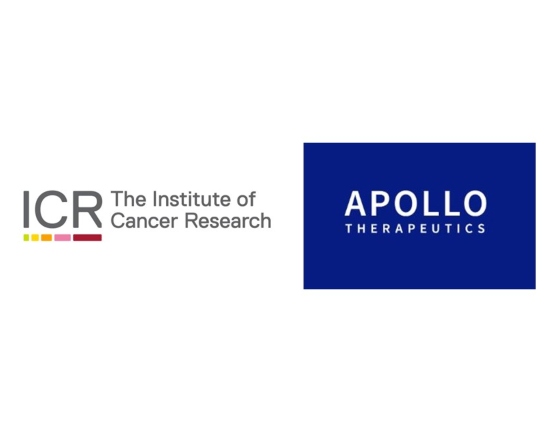
ICR announces new strategic collaboration with Apollo Therapeutics to develop novel cancer drugs
The Institute of Cancer Research, London, and biopharmaceutical company Apollo Therapeutics have announced a new collaboration that will advance the development of new cancer drugs, combining the strengths and expertise of both organisations.
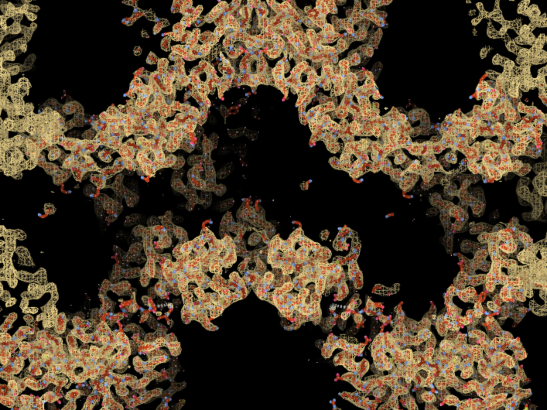
Discovery could lead to new drugs to block protein that fuels bowel cancer
Scientists have revealed the inner workings of a key protein involved in a wide range of cellular processes – potentially paving the way for better and less toxic cancer drugs.
.jpg?sfvrsn=d41b774b_2)
Scientists plot ‘extinction’ of cancers by disrupting their ecosystems
World-leading cancer researchers announce plans to create a new generation of treatments that target the ecosystems supporting cancer. Their new strategy sees cancer genetics and evolution within complex ecosystems as keys to creating new targeted drugs and immunotherapies. They aim to double survival for people with advanced cancer within a decade by combining existing treatments and using smart dosing strategies
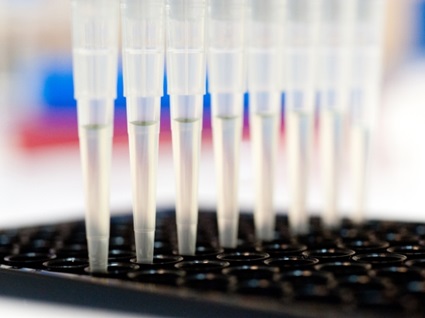
Blood tests may prevent relapse in breast cancer patients
An innovative trial to detect relapse in breast cancer patients with circulating tumour DNA (ctDNA) has opened at our partner hospital, The Royal Marsden NHS Foundation Trust. The TRAK-ER trial, led by researchers at The Royal Marsden and The Institute of Cancer Research, London, will establish a circulating tumour DNA (ctDNA) surveillance programme for over 1,000 patiets with ER positive breast cancer who are currently receiving hormone therapy to reduce their risk of cancer returning.
